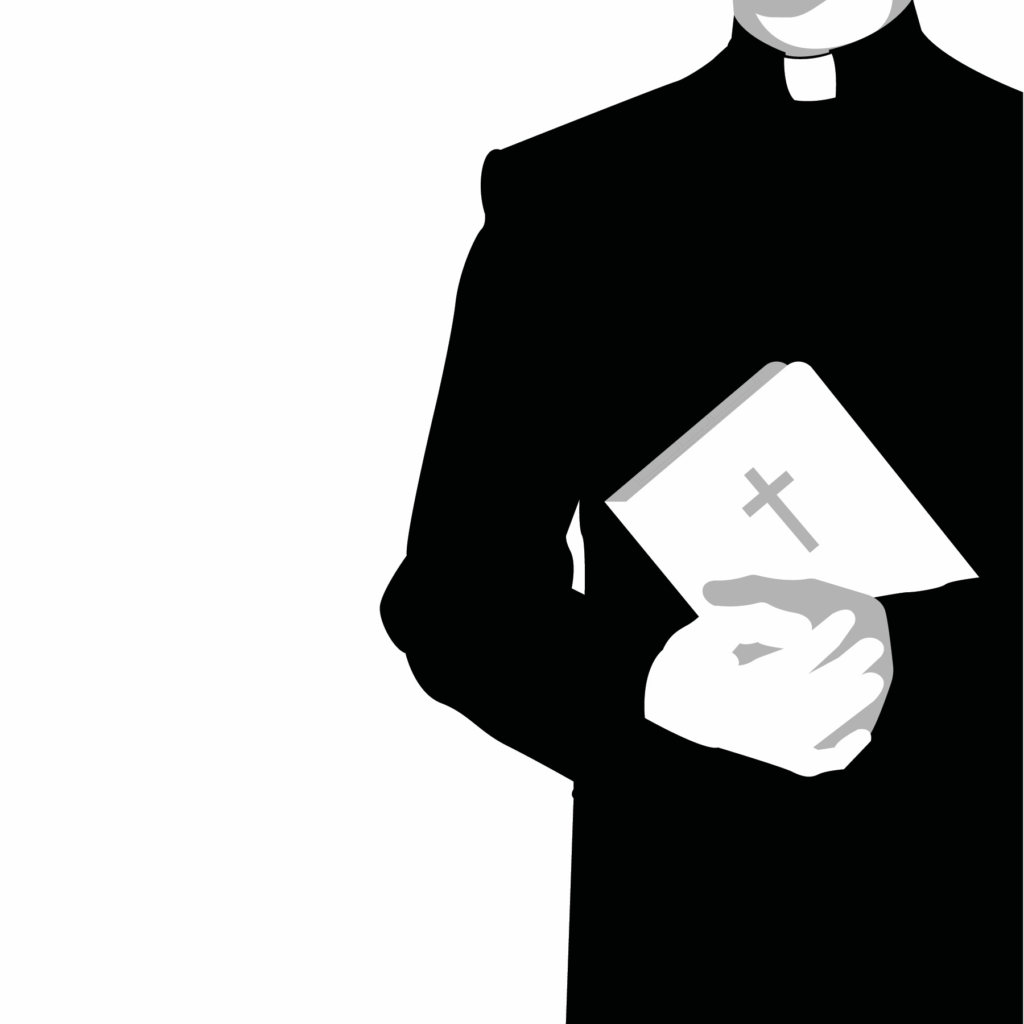After the release of a grand jury report in August 2018, naming 301 Catholic priests with accusations of sexual abuse and reporting that the church itself had covered up this abuse, many Catholics and members of Catholic communities—including Seattle University—have been reflecting on what it means for them.
In an effort to draw this conversation into Seattle U, Campus Ministry, the Jesuit community, and the School of Theology and Religious Studies invited Vice Provost at Creighton University Eileen Burke-Sullivan to speak to the university about the history and implications of this abuse.
The university had previously held an event geared towards faculty and staff on this topic, but Campus Ministry Director, Tammy Liddell, believes that an event focused on students was equally important.
She said that Campus Ministry aims to provide “a variety of opportunities for people to talk about this topic, to reflect on it, to pray about it, to get some historical context for it, but also to be able to think about it in their own lives.”
This conversation holds a significant place at Seattle U in particular, given University President Stephen V. Sundborg, S.J.’s ties to sexual abuse cover-up in Alaska, as well as several alleged sexual abusers holding positions as faculty members at this university. These faculty members included men like Michael Toulouse in the 1950s and 60s and David Patrick Connor, who was placed on leave earlier this year.
At the event, which took place on Dec. 2, Burke-Sullivan spoke to the history of the Catholic church, and clarified explicitly that sexual abuse is not new to the church.
“In the fall, shortly after the reprise of the crisis in the United States occurred with the Pennsylvania report, I was kind of like, ‘well, this is old news,’” she said. “First of all, they were plowing much of the same dirt, frankly, as had been plowed in Boston 20 years ago.”
Prior to the Boston crisis was the Dallas crisis in the 1990s, which had previously been the largest report of sexual abuse in the Catholic church.
Given that these accusations seem to come up with great frequency, Burke-Sullivan spoke to the structural problems in the church that cause this sexual abuse and subsequent cover-up.
One of the problems she identified was that the Catholic church improperly screens its candidates for priesthood. They rarely receive education on human development, and she cited an intensive study that came to the conclusion that almost half of clergy members didn’t even believe in God—they were simply good administrators.
It’s because of the poor selection of candidates, she argued, that much of this injustice continues to happen.
Burke-Sullivan further spoke to the theology of the Catholic church, which she said can be empowering when good, but toxic when bad.
“Theology, like medicine, can deal death, as well as life,” she said. “Theology is toxic if it is not well thought-through.”
She traced these issues back to the structural problems established in the time of Protestant Reformation, when the Catholic church centralized around its teaching on sacrament and priestly sacrifice, rather than the word of God. She said that the church began preserving political power and maintaining social order, playing into many of the recent problems with abuse of power.
Though this event was open to the public, it was oriented towards Catholic students in particular, and many students stayed afterward for a dinner and conversation with Burke-Sullivan.
One of these students was Senior Public Affairs and Economics major Kate Hannick. She thought that tangible action was vital in the wake of these crises.
“As a Catholic and someone who’s practicing, I thought it was compelling what she was saying about how we, as Catholics, are called to do certain things in this kind of situation, in terms of our own prayer life, and then also actions,” she said. “Our faith demands that these injustices, these horrendous crimes of sex abuse by the clergy and then the cover-up of the church, our faith demands us to do something about it in a lot of tangible ways.”
While Burke-Sullivan did not advise on the specific situation at Seattle U, she said that much of any social action must be directed within the structures in use. But, she said that students can learn from this social action.
“I would never advise any school other than my own because I don’t know other schools as well,” she said. “But I would say that students learn advocacy and learn political responsibility by practicing.”
Hannick believes that accountability is important in anticipation of greater Catholic response from the Vatican in February.
“We’re all, as students at a Jesuit university, somehow connected and have a stake,” she said. “[It’s important] for us to continually be talking and learning about what’s going on, trying our best to hold our institution accountable, [and] maybe, depending on your capacity and willingness and engagement, the Jesuits as a whole and the Catholic church as a whole.”
The editor may be reached at
news@su-spectator.com









